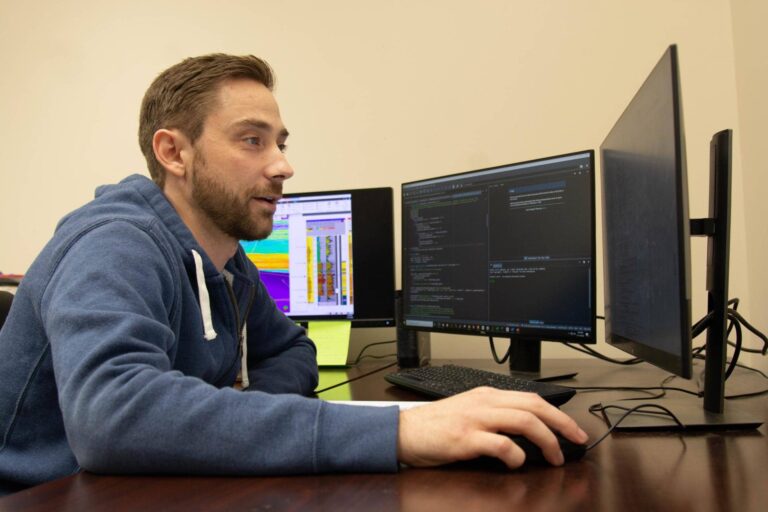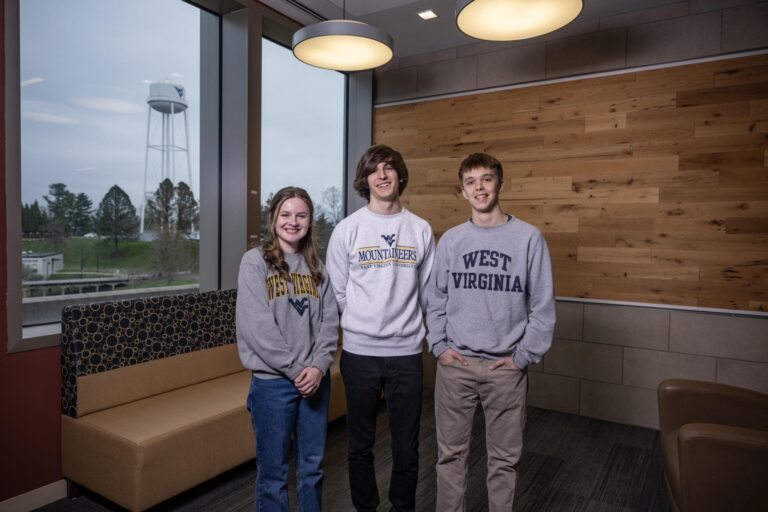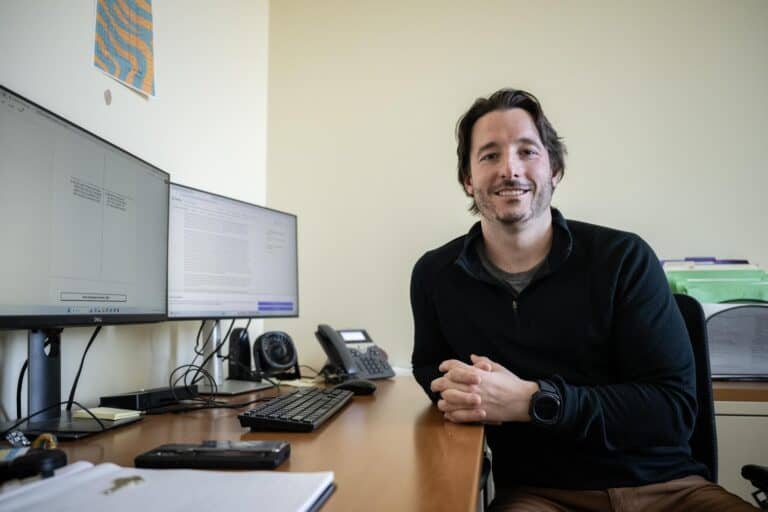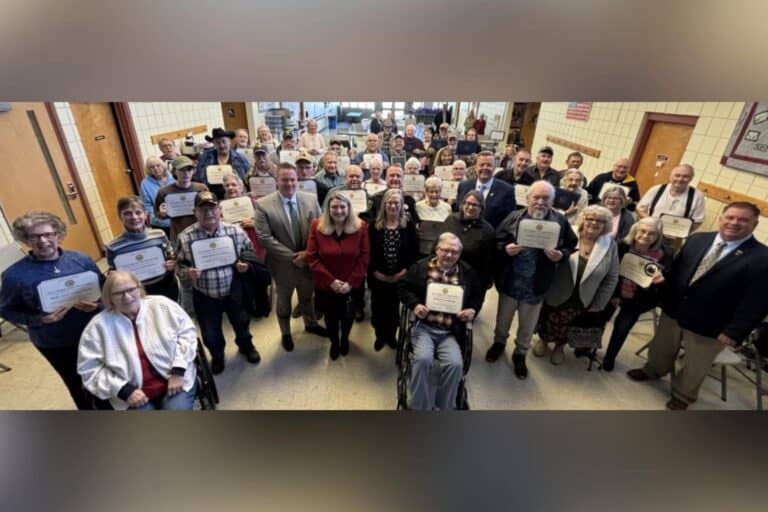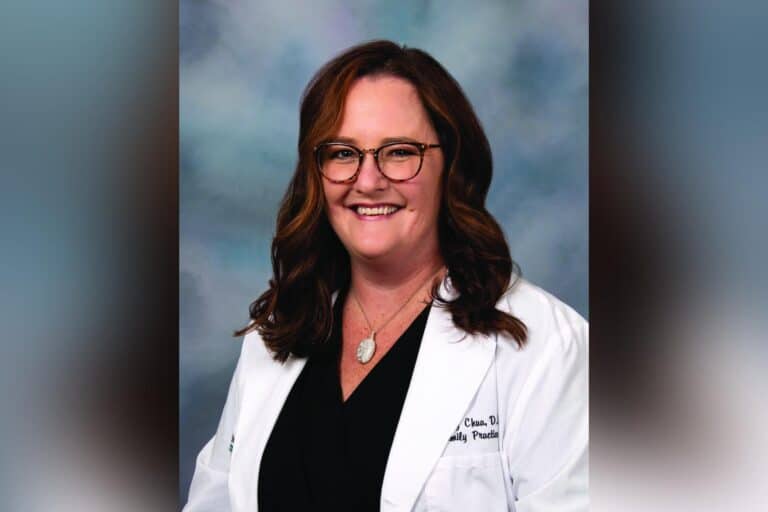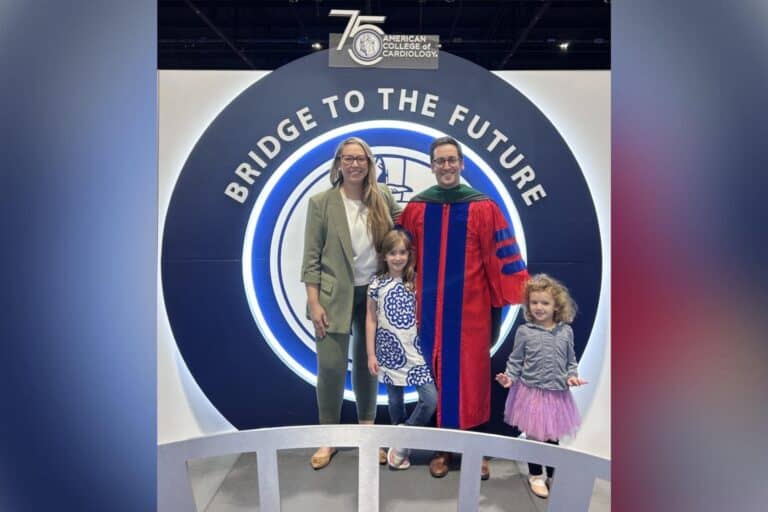Jinju Wang, Ph.D., assistant professor of biomedical sciences at the Marshall University Joan C. Edwards School of Medicine, has been awarded a Transformational Project Award from the American Heart Association. This $300,000 grant will support Wang’s research on the effects of angiotensin-converting enzyme 2 (ACE2) modified exosomes in treating hypertension-related ischemic stroke.
ACE2 is a protein that helps regulate blood pressure by converting angiotensin II, a peptide that narrows blood vessels, into its less harmful form. According to Wang, this research addresses the critical need for innovative ischemic stroke therapies, especially among the elderly hypertensive population.
“The rising incidence of stroke among the aging and hypertensive population underscores the pressing need for innovative ischemic stroke therapies, especially for elderly individuals,” Wang said. “This study introduces ACE2-modified exosomes as a promising novel therapeutic avenue for ischemic stroke in the context of aging and hypertension.”
Using a transgenic mouse model with hypertension, Wang’s team will evaluate the potential of ACE2-modified exosomes to reduce blood pressure and mitigate stroke damage. The goal is to develop new treatments that could lessen the severity of ischemic stroke in elderly patients with hypertension. This research could significantly advance the practical application of ACE2-modified exosomes in treating cerebrovascular disorders and serve as proof-of-concept for delivering biomedical molecules through exosomes.
Wang joined the School of Medicine in 2021. Her research focuses on the physiological and pathological roles of extracellular vesicles (EVs) in cerebrovascular diseases such as stroke and dementia. The study team includes Marshall biomedical sciences faculty members Ji Bihl, Ph.D., as a co-investigator, and consultants Alejandro Q. Nato Jr., Ph.D., Lawrence Grover, Ph.D., and Gary Rankin, Ph.D.



